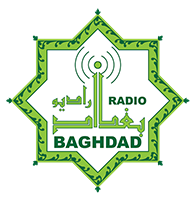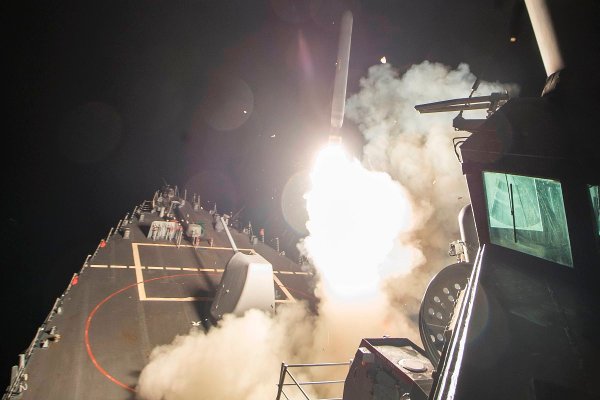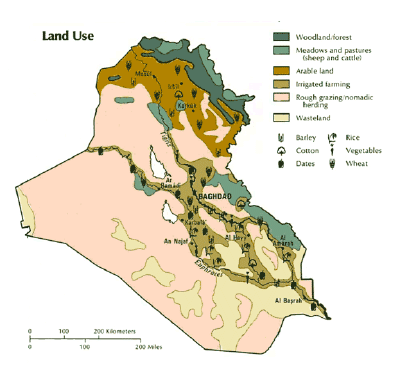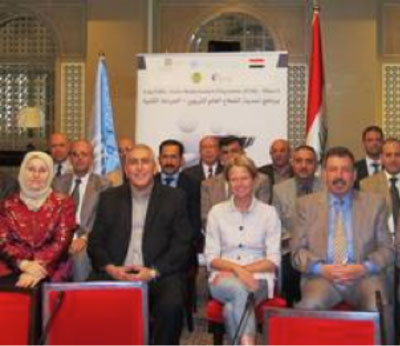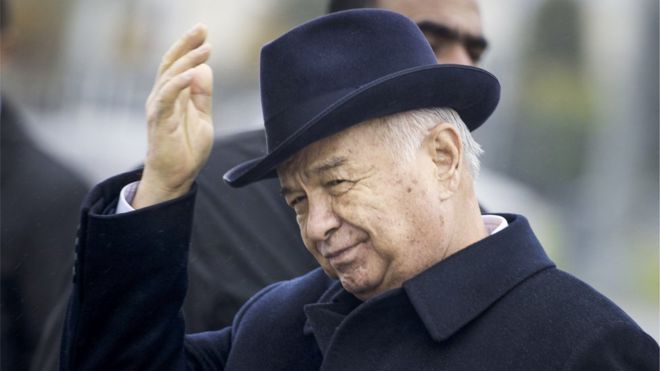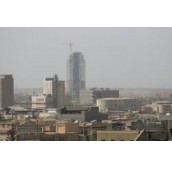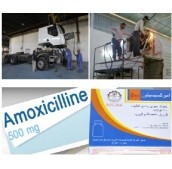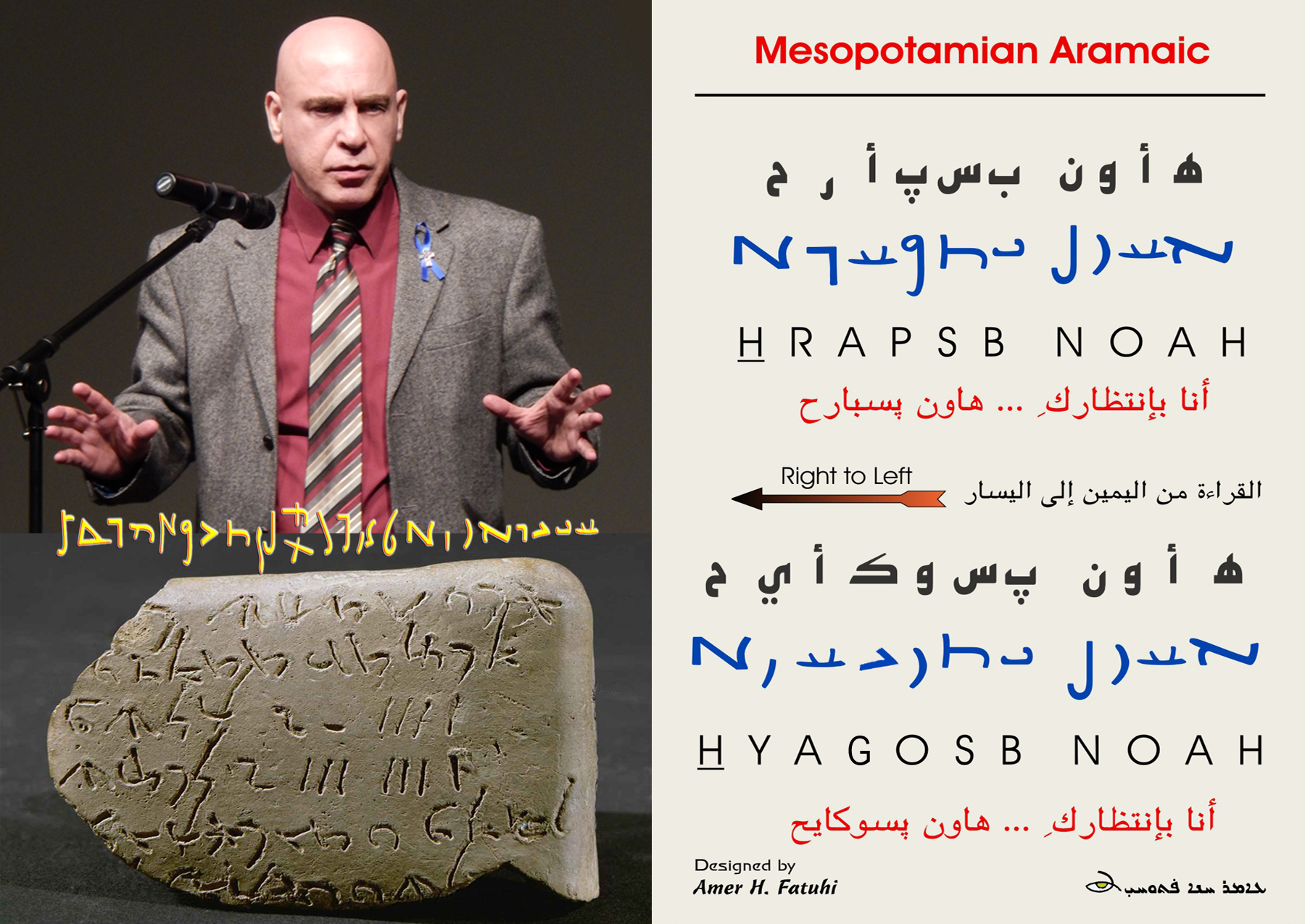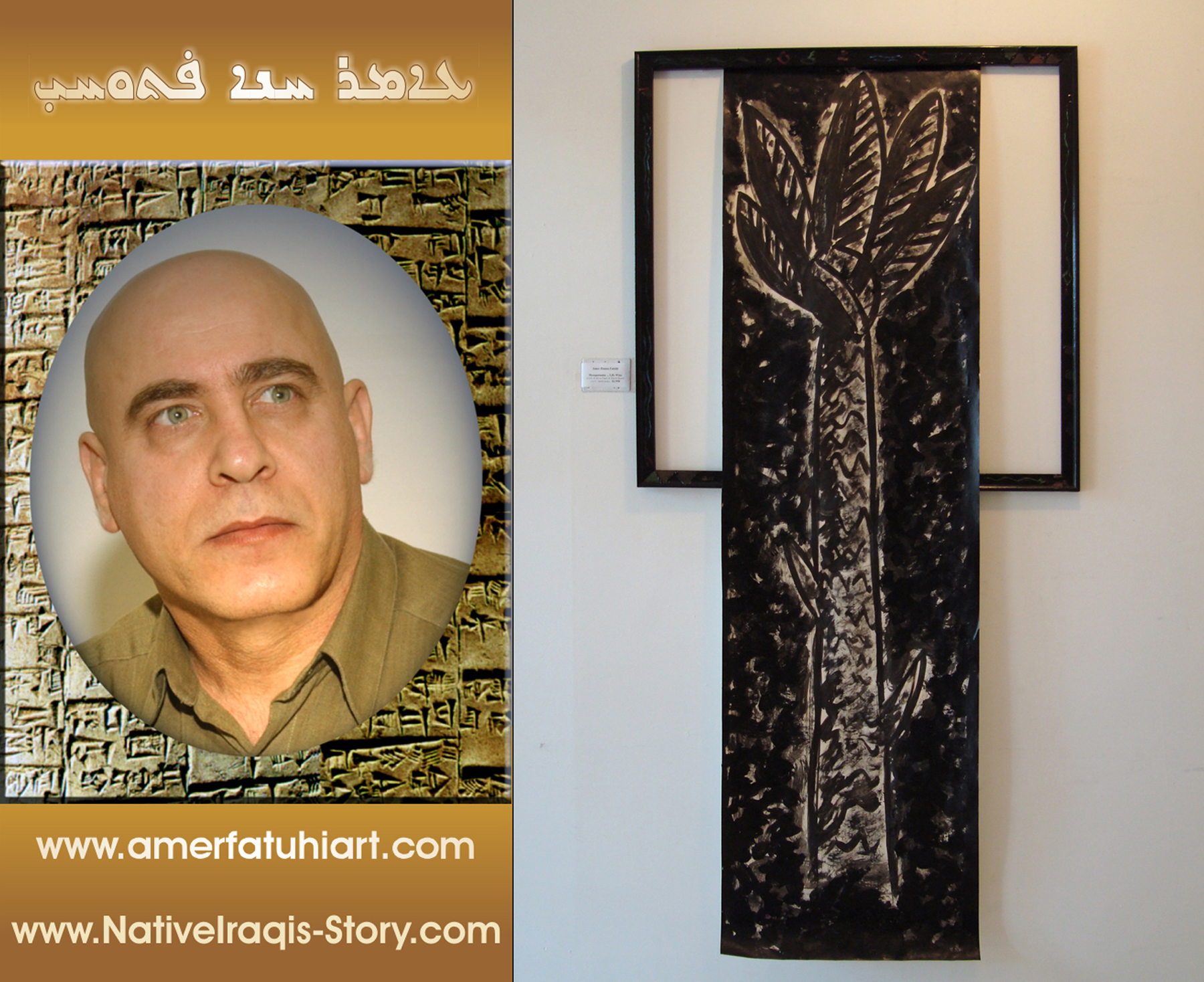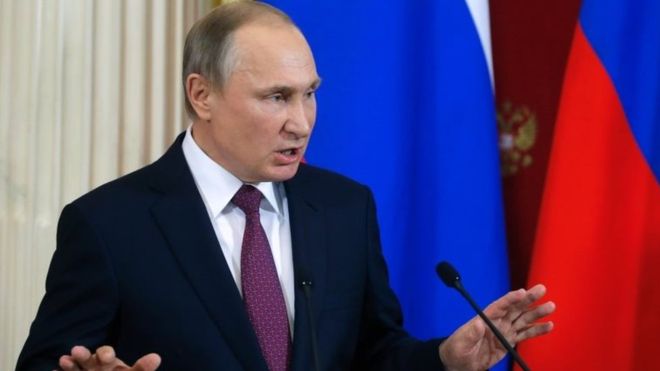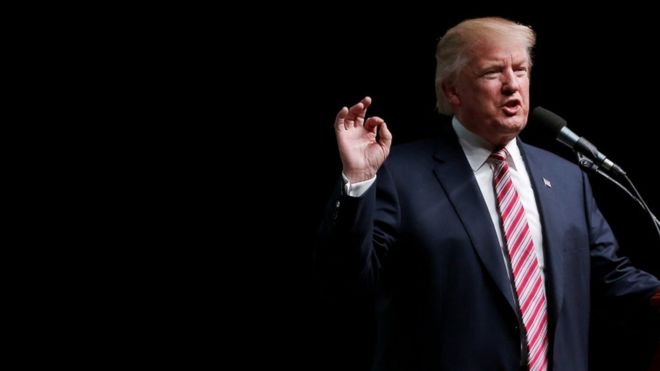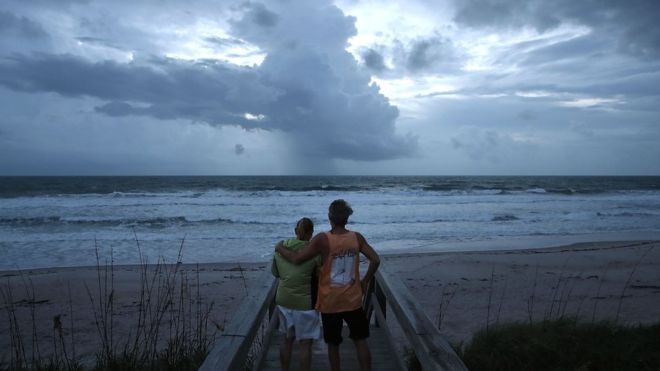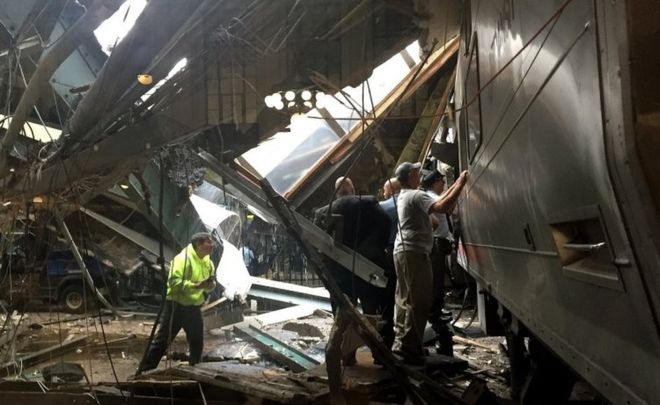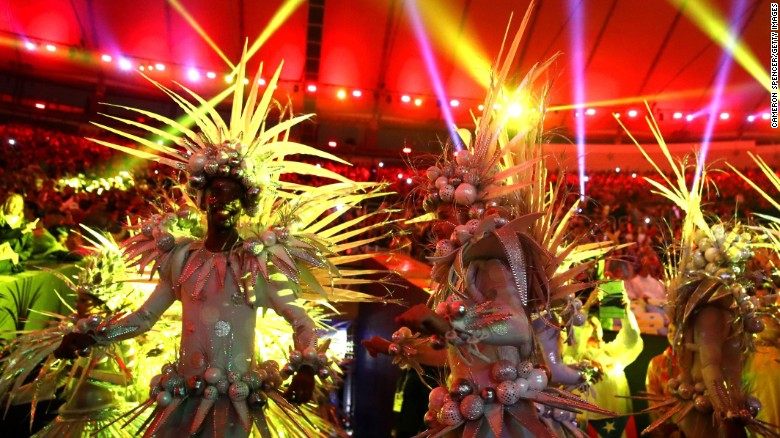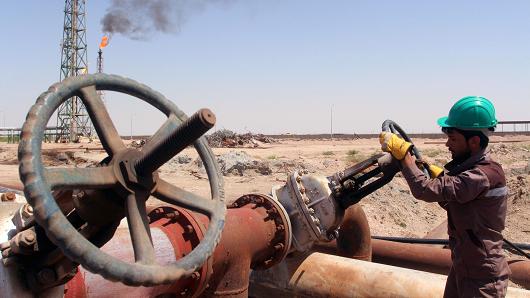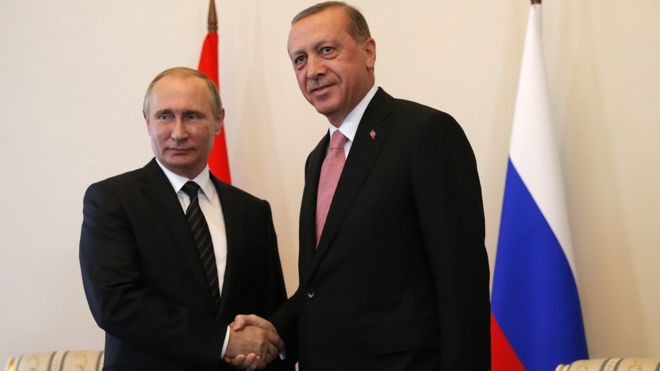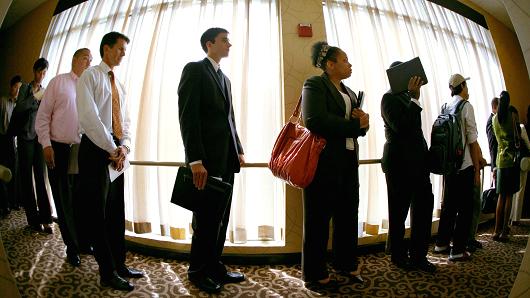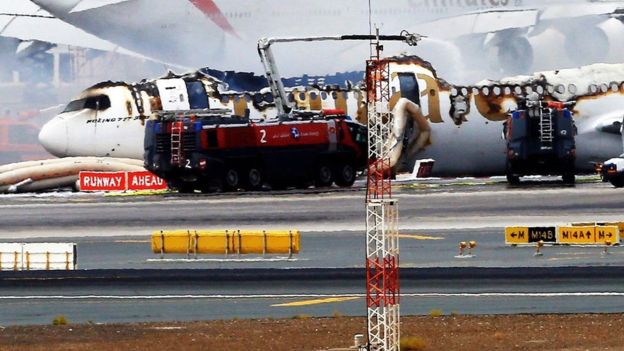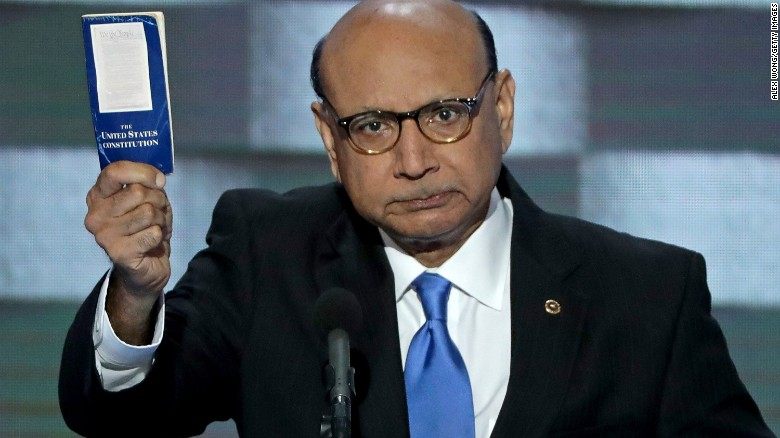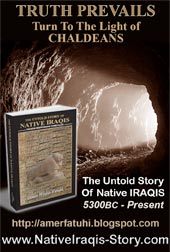DI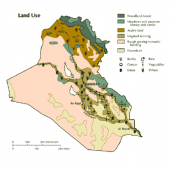 VERSIFICATION
VERSIFICATION
Iraq is currently a rentier state. By predominantly relying on petroleum exports, the country has tied its economic livelihood to petroleum. Other states in the region that have continued this status quo have failed to prosper in the continuously changing global economy. An example of a regional neighbor that diversified and found success is the UAE, specifically Dubai.
Once a stagnant economy, dependent solely on petroleum, fishing, and gold trade, it took on ambitious projects to diversify and has seen overwhelming success. It now has booming industries in shipping, communications, finance, tourism, and others. Its rapid ascension is a resounding tribute to the consequences of diversification. Iraq shall develop new industries other than petroleum.

Agriculture
- Instituting irrigation projects, farmland development, and research development projects in the agricultural sector would provide jobs, food sources, and capital for Iraq.
- Given Iraq's water supplies as compared to other countries in the region, becoming a food exporter for surrounding countries stands as a unique opportunity in the region.
Construction
- Developing Iraq's construction industry is an absolute necessity. Being able to perform construction and upkeep of industrial sites, commercial properties, public and private housing, warehouses and distribution centers, roads, airports, and other vital commercial entities is absolutely vital to a growing economy. Rather than relying on foreign companies, Iraqi companies should be fostered and preferred.
- Iraq's infrastructure is one of its key elements. One of the roadblocks to progress in post-war Iraq has been a lack of or deterioration of infrastructure. This also is an important factor in attracting foreign investors. Ensuring a quality infrastructure then becomes a necessity and a growing construction center can address this.
- Following the model of successful developing states, such as China, South Korea, India, and others, Iraq must become an export-driven economy. Producing valuable goods at cheap prices would allow Iraq to become a major player in the market.
- As such, developing light and heavy manufacturing facilities becomes a priority. Producing and machining goods for various industries such as housing material, plastics, or technological goods would bring in capital to develop the economy as a whole.
Mining and petroleum drilling
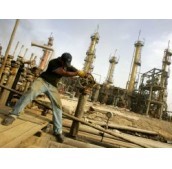 Modernizing and making more efficient petroleum and natural gas drilling serve as ways to generate more capital. Producing oil output will increase Iraq's oil exports and provide more much needed revenue to fund other projects. Taking advantage of oil revenues to fund construction, agriculture, manufacturing, tourism, and other developmental projects to help diversify the economy is essential.
Modernizing and making more efficient petroleum and natural gas drilling serve as ways to generate more capital. Producing oil output will increase Iraq's oil exports and provide more much needed revenue to fund other projects. Taking advantage of oil revenues to fund construction, agriculture, manufacturing, tourism, and other developmental projects to help diversify the economy is essential.- Furthermore, developing Iraq's phosphate and sulfur mining capabilities will allow Iraq to harvest abundant natural resources and generate further revenue alongside petroleum.
- These industries will serve as the catalyst to diversify the economy as their revenues would allow the funding of various other industries.
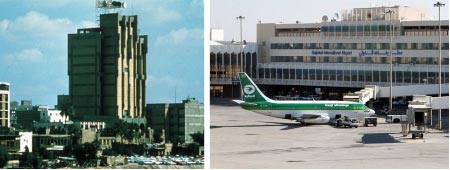
Infrastructure
- Developing roads, hospitals, airports, railroads, electric plants, water desalinization plants, and other vital utilities is paramount. Going hand in hand with the construction industry, being able to build and maintain these facilities is vital to Iraq's economic development.
- Furthermore, developing Iraq's communications infrastructure in terms of satellite, cable, landline, and wireless telecommunications will be key in Iraq's progress.
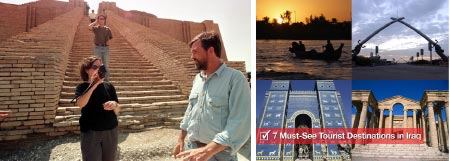
Tourism
- Another example of Dubai's success has been its ability to create a thriving tourism industry. Iraq's potential in this regard is tremendous and following the petroleum sector, could become the country's largest industry.
- Lying upon Mesopotamia proper and the cradle of civilization, Iraq's history is phenomenal. From the indigenous Sumerian, Akkadian, Assyrian, and Babylonian civilizations, to the Persian, Arab, Mongol, and Turkish conquerors, Iraq has arguably the richest history in the world. Sites like Nineveh, Assur, Ur, Akkad, and Uruk as well as a historical global center like Baghdad, serving as the capitol of the Abbasid Empire, provide rich opportunities for tourism. Funding and development for these areas and museums are a necessity. Tourists flock to the British Museum in London and the Louvre in Paris to see Iraqi historical treasures. It would only makes sense to develop the same treasures for tourists to flock to Iraq itself and make contact with man's first civilizations.
- Moreover, celebration of ethnic New Year celebrations would bring in more tourists. The Assyrian and Babylonian New Year's, Persian New Year's, and Kurdish New Year's celebrations would draw internal tourism as people would flock to the North to celebrate.
- Religious tourism would also generate its own industry. The Hajj arguably generates more tourism in Iraq than in Saudi Arabia itself. Creating a commission to oversee and manage the Hajj in Iraq presents a unique opportunity. Najaf, Karbala, and other cities are major Islamic sites, generating countless pilgrims. These sites are comparable to Mecca and Jerusalem in their importance.
- Egypt, Jordan, Israel, Saudi Arabia and others all have thriving tourism industries as they capitalize on their historical and religious treasures.
- Furthermore, Iraq has an advantage over these other states. The geography of Iraq allows for a diverse array of experiences with mountains deserts, waterways, and other terrains. This would allow for various resorts to be developed for Western visitors to take advantage of in an age where exotic vacations are the norm.
- In order to tap into such an industry the following would need to be developed
- world class airports
- quality roads and mass transit systems
- proper utilities (i.e., constant electricity and water flow)
- cleanliness of the cities and towns
- quality services and accommodations (including limited service hotels and 5-star hotels)
- shopping districts that would attract foreign stores
- development of amusement parks, water parks, and other theme parks
- convention centers
- thriving entertainment and nightlife industry

Education
Iraq has been a traditional hub of education and scholarly pursuits dating back to the Sumerian, Babylonian, Arab, Persian, and Turkish empires. During the 1970s, Iraq was known as the educational center of the Middle East, attracting students from all over the region as the university system was the best in the region.
Beginning with the Iran-Iraq War and the subsequent Gulf Wars, Iraq has undergone a "brain drain" of educated professionals such as doctors and engineers, professors, and other educated individuals vital to any vibrant middle class. These educated individuals have fled Iraq to pursue stable and safe careers worldwide. Iraq must keep its scholars home in Iraq, yet changes must be made.
- Redevelop the public school systems and universities to compete in the global economy.
- Provide funding to develop the schools around the country and universities in the major cities.
- Iraq must encourage top American, European, and Asian universities to open sister schools in Baghdad, Basra, and Mosul. These universities bring their own funding and promote projects aimed at developing the host country. Providing incentives to help facilitate opening up these branches is essential.
Iraq must once again become the educational capitol of the Middle East. The advantages provided by this are endless. A vibrant middle class, skilled technocrats, bureaucrats able to administer hospitals and government institutions, engineers and architects, scientists capable of conducting research through universities and companies, and health professionals are only a small sample of the benefits that a thriving educational system can provide. Iraq's human resources are the most important ingredients for long-term success.
Prepared by
Masoud Sam Yono
Edited and typeset by Uruk Shendaj
Reviewed & Approved by
EA Strategic Research & Consulting

